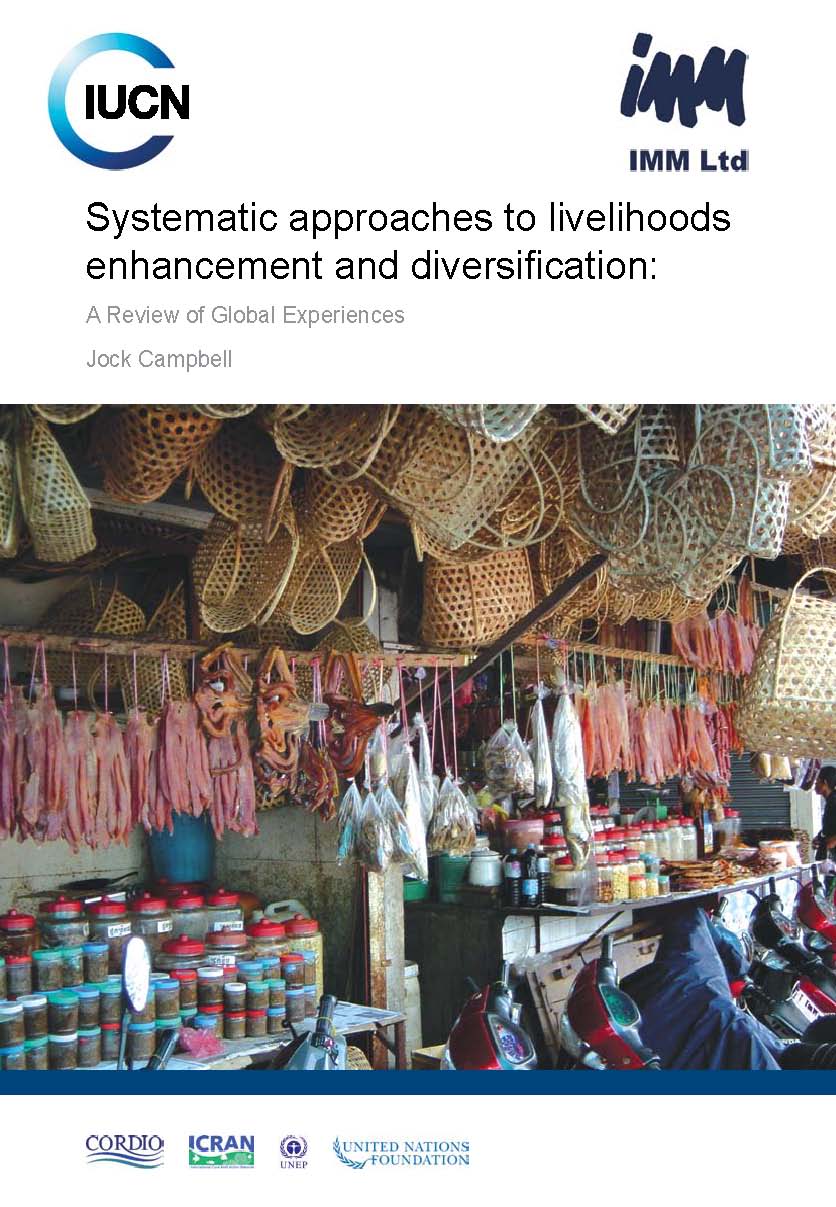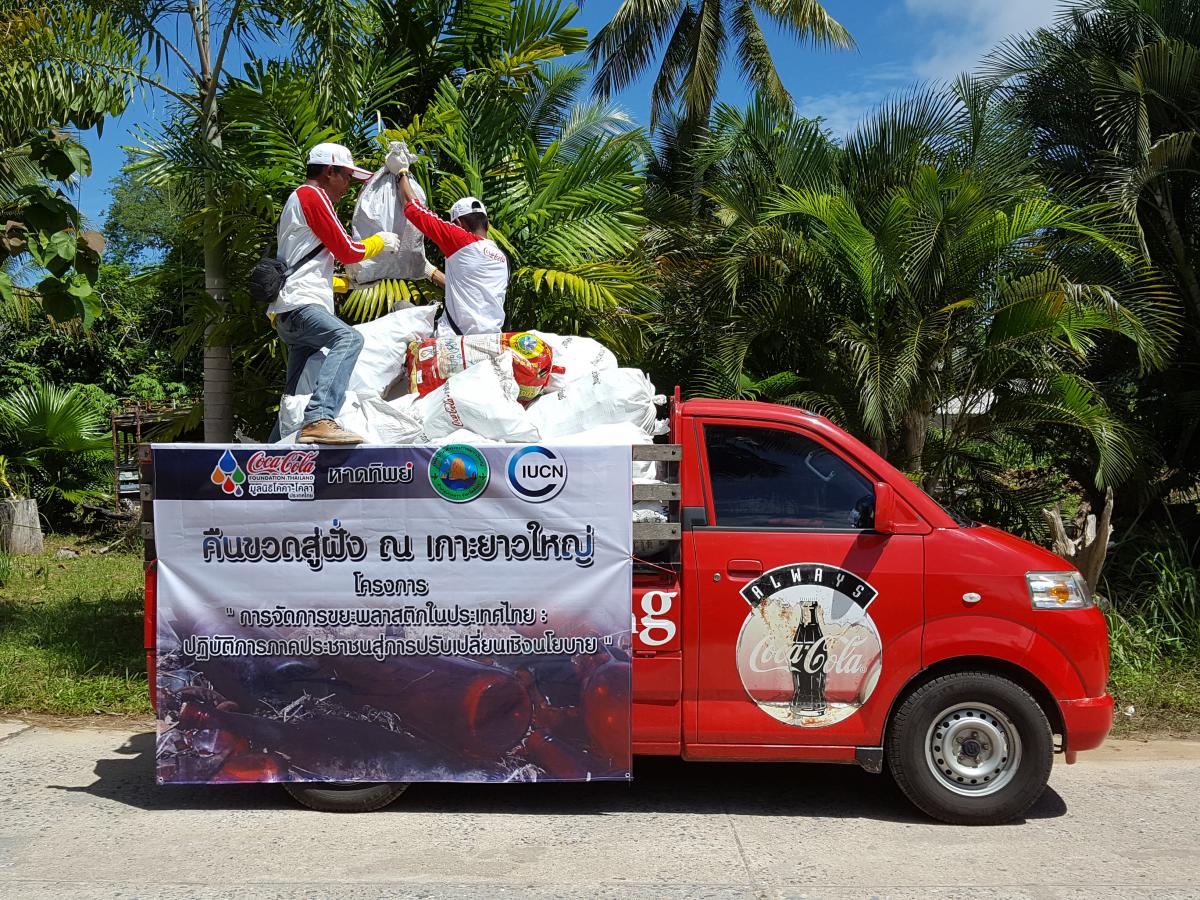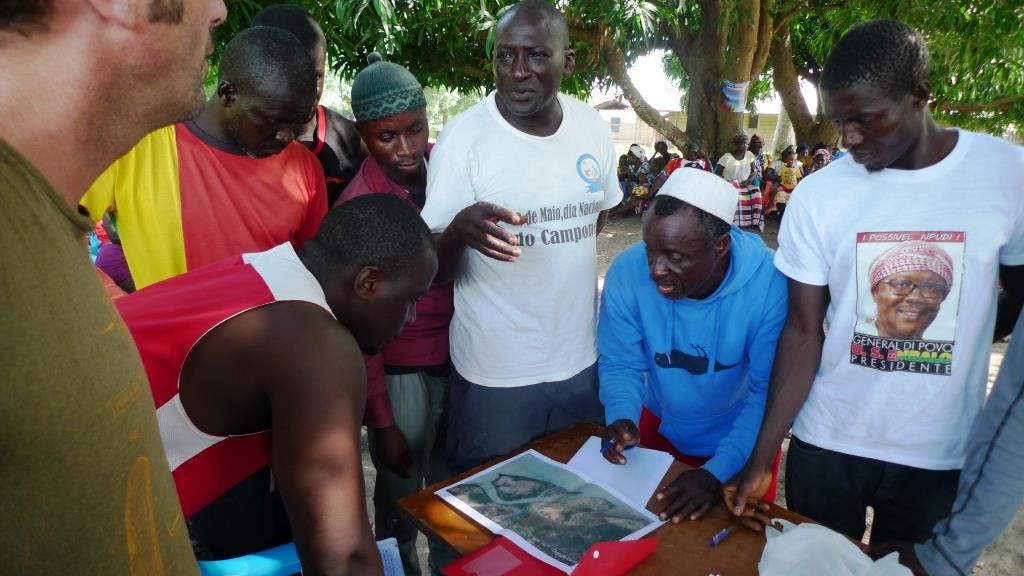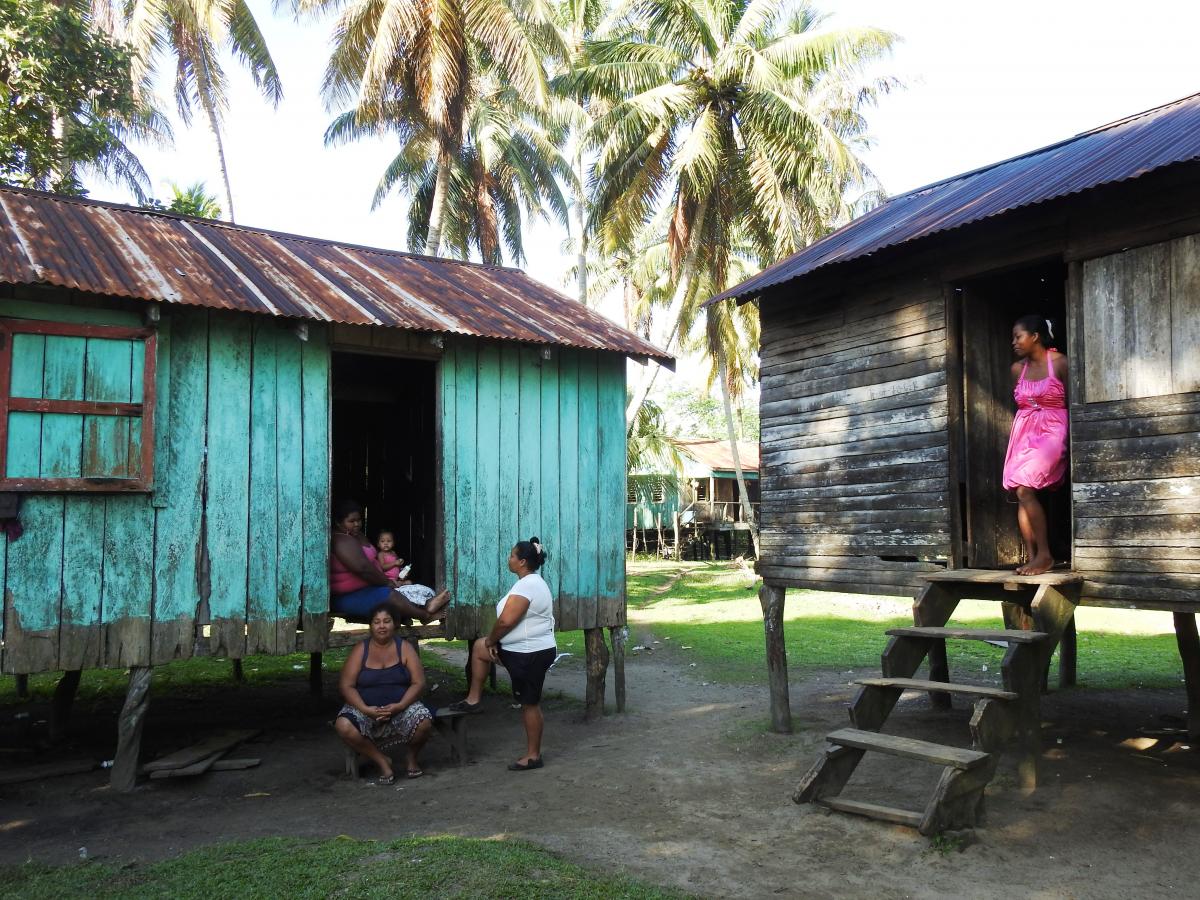Systematic approaches to livelihoods enhancement and diversification: A review of global experiences
A Review of Global Experiences

Photo: Jock Campbell
The people who depend on the world’s marine resources for their livelihoods are under increasing pressure from changes in, and the declining availability of, ecosystem services, conflicts over access rights, marginalisation from resource access, criminalisation of their livelihoods, and exclusion. The poorest of these people are often the least able to respond to these changes, and many are becoming isolated from the activities that have been part of their livelihoods and culture for generations.
Although these people bear some of the blame for the changes affecting coastal resources, they are only part of the problem. Yet in many cases they are being asked to carry a disproportionate share of the responsibility for the consequences of often external forces that have kept them in poverty, degraded their environment, introduced inappropriate technology, introduced market pressures, excluded them from policy making, changed access rights and invested, often inappropriately, in coastal development.
Many coastal people recognise their dependence on the marine resource base and value its sustainable and managed use for the future. Generally speaking, however, they lack the resources, knowledge and power to ensure that resources are effectively managed in the face of rapid external change.
Outside agencies all too often see the solution to problems in oastal resource use as imposing resource management measures, increasingly with some kind of social element. These have had some success when measured against environmental criteria, but in many cases they have left the poor poorer and the marginalised further isolated from the development process.
Amongst development agencies working in coastal communities, there is a growing recognition of the need to integrate livelihood change processes and resource management measures. They now appreciate that such integration must be more than simply appending social development to resource management initiatives.
Decision making must go beyond extractive consultation with community elites – it must recognise the diversity of stakeholders and allow for their meaningful participation. Planning for the future should include the potential, needs and aspirations of different groups. It must recognise the complexity of people’s livelihoods, seeking to understand and incorporate their relationships with marine resources into management strategies. If environmental objectives are to be achieved equitably and sustainably, then consideration of resource-dependent livelihoods needs to lead rather than follow that process.
However, responding to this need for livelihood change is often time-consuming and difficult, requiring a multidisciplinary approach, cooperation among multiple agencies, the active engagement of communities and a transfer of power. But without this, any success in resource management is likely to be short-lived.
Developing ways of successfully integrating social and environmental considerations in coastal resource management and associated livelihood change lies at the heart of the Coral Reefs and Livelihoods Initiative.
CORALI aims to develop and test a systematic approach to Sustainable Livelihood Enhancement and Diversification (SLED) that builds on past experience and lessons from around the world.
This Global Overview aims to bring together some of this global experience and provide guidance on how SLED might be further developed and used. It does not claim to be exhaustive, but rather an attempt to outline the subject and bring together key strands of understanding and learning.



